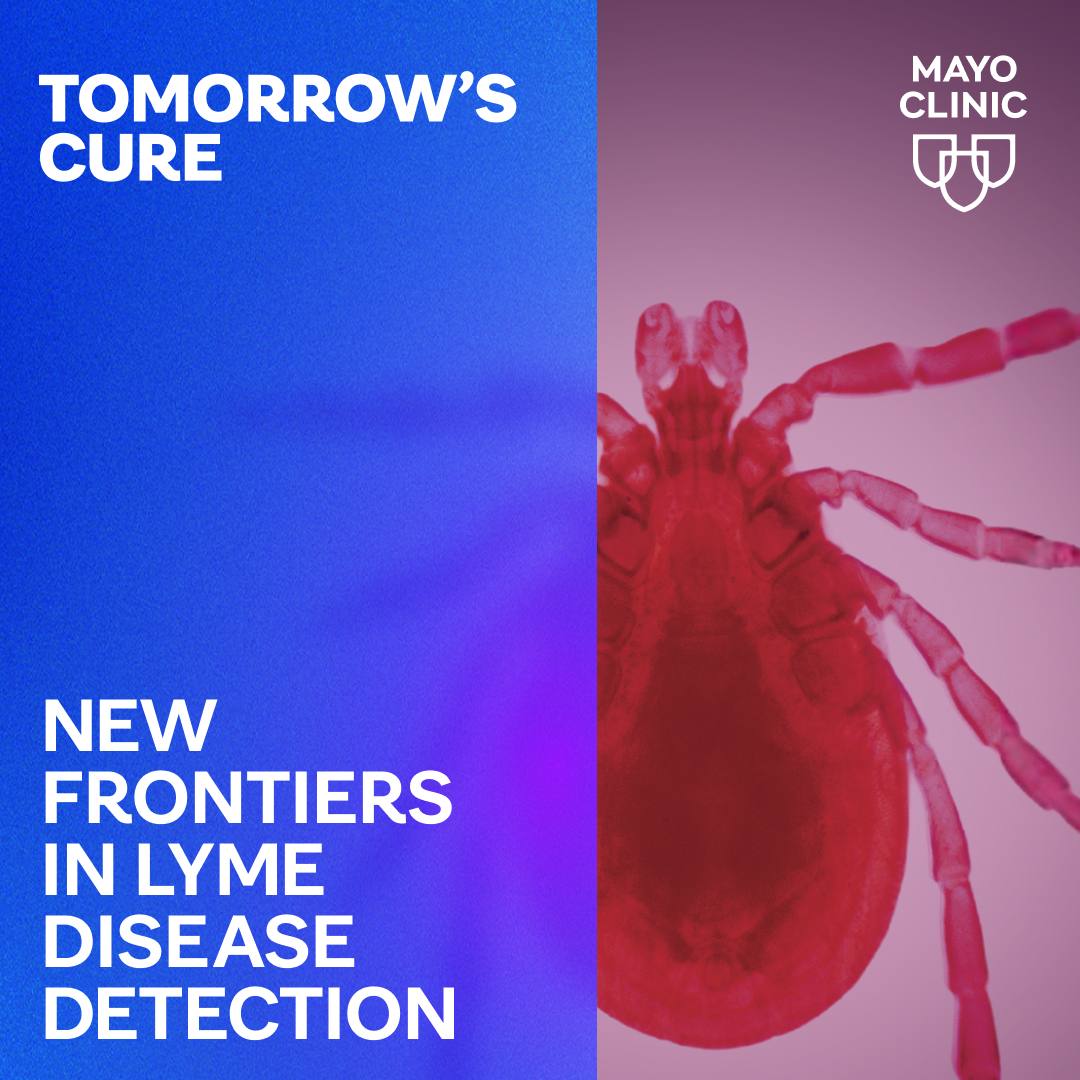-
What is a panic attack?

A panic attack is an episode of intense fear with an abrupt onset, lasting from several minutes to up to an hour. It has many mental and physical symptoms such as chest pain, shortness of breath, nausea, dizziness, chest pain and a sense of pending doom. These symptoms may cause significant worry in people as they may mimic signs of medical problems such as heart issues. However, panic attacks can occur when there isn't a real danger or apparent cause.
Panic attacks aren't life-threatening, but they can be frightening for the person experiencing the attack and their loved ones. These attacks can affect your quality of life, especially if you have multiple or unexpected panic attacks.
What are the signs of a panic attack?
A panic attack usually begins suddenly and without warning. Typically, symptoms peak in minutes, and you may feel tired and worn out after it subsides. Panic attacks can cause chest pain and breathing problems that lead some people to seek medical care.
To be diagnosed as a panic attack, the episode must have at least four of these symptoms simultaneously:
- Chest pain or discomfort
- Chills or heat sensations
- Derealization (feelings of unreality) or depersonalization (being detached from oneself)
- Fast beating, fluttering or pounding heart
- Fear of dying
- Fear of losing control or "going crazy"
- Feeling dizzy, unsteady, light-headed or faint
- Feelings of choking
- Nausea or abdominal distress
- Numbness or tingling sensations
- Sensations of shortness of breath or smothering
- Sweating
- Trembling or shaking
Panic attack symptoms may also resemble other psychiatric conditions, such as:
- Agoraphobia — marked fear or avoidance of two or more places or situations
- Caffeine or nicotine dependence — high doses of either substance may result in increased anxiety
- Obsessive-compulsive disorder — obsessions often leading to ruminations or brooding
- Phobias — fear of specific objects or situations
- Post-traumatic stress disorder — involves emotions from previous events affecting a current situation
- Separation anxiety disorder — fear of separation from attachment figures
- Social anxiety disorder — fear of social situations
Do I need to go to the emergency room if I have a panic attack?
In most cases, a single panic attack episode does not require emergency medical care. However, it's important to discuss your symptoms with your health care team. They will evaluate you for medical disorders that may contribute to your symptoms, such as cardiac arrhythmia, respiratory diseases, pulmonary emboli, thyroid disorders, adrenal tumors or medication side effects.
What's the difference between a panic attack and panic disorder?
A person with ongoing, unexpected panic attacks who spends time worrying about another panic attack may have a panic disorder. People with panic disorders may be afraid of experiencing more panic attacks and live in a constant state of fear that affects the quality of their lives. Often, they change their behaviors and habits so much that it interferes with daily activities. This could result in the person missing social events, school or work.
People with panic disorder have panic attacks with mental and physical symptoms. The attacks happen without warning and can last several minutes to an hour.
Such people also may:
- Worry about having panic attacks in the future.
- Avoid situations that might cause them to have a panic attack.
- Seek medical care at a clinic or Emergency Department when experiencing a panic attack.
Is there a test for panic disorder?
No. There is no test, but your health care team can determine if you have panic disorder or another condition based on your symptoms. You may have a complete physical exam, blood test or psychological evaluation to discuss your symptoms, fears, stress and family history.
Can panic attacks be treated?
Yes, treatment can reduce the intensity and frequency of panic attacks and panic disorder.
Treatment may include:
- Cognitive behavioral therapy
Usually, this is the first treatment offered for panic attacks and panic disorder. During cognitive behavioral therapy, you talk with a psychologist or counselor about your experiences and learn how to react to situations differently. This teaches you how to cope better with your feelings and overcome fears of situations you may have avoided because of panic attacks. In some cases, it is possible to participate in cognitive behavioral therapy virtually, such as meeting with a therapist online or through a video call, rather than in person. - Medications
Medications can help reduce symptoms associated with panic attacks and depression. There are many options, and if one medication doesn't work for you, your health care team may switch you to a different medication. All medications have a risk of side effects, so talk with your health care team about the best choice for your situation.
You don't need to suffer alone or avoid aspects of life because of panic attacks. Talk with your health care team about your symptoms and about treatment options that can make a difference.
Brian Hesler, M.D., is a psychiatrist in Psychiatry & Psychology in Albert Lea, Minnesota.
This article also appears on the Mayo Clinic Health System blog.







